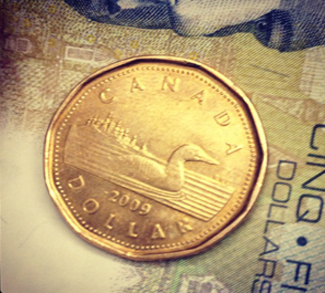
Turkey Inflation and Interest Rates since 2015
After 21 years in office, the economy continues to be a major challenge for Recep Tayyip Erdoğan. While he has pledged to bring the country’s runaway inflation under control by the end of the year, both the voting public and expert opinion remain skeptical.
Turkey is grappling with a severe economic crisis marked by high inflation, currency depreciation, and plummeting investor confidence. The Turkish lira has undergone multiple crashes in recent years, plummeting from 3.8 to USD in 2018 to 33.7 in 2024. While Turkey inflation dropped from 71% in June to 61% in July, it remains cripplingly high, making it nearly impossible for many citizens to sustain themselves as wages lag behind. Over half of the population survives on around $500 USD per month, and most pensioners are struggling with just $356.
The crisis deepened when President Erdoğan attempted to combat inflation by cutting interest rates in 2023, a move that contradicted conventional wisdom, which holds that lowering interest rates typically worsens inflation. The theory was quickly proven correct when inflation surged. Over the past five years, Turkey has seen a rapid turnover of central bank chiefs, with no less than five holding the position, each either resigning or being dismissed after opposing the interest rate cuts. Finally acknowledging the failure of his low-interest rate policy, Erdoğan allowed the central bank to raise rates starting in May, hitting a peak of 65% by December. In June, the rate was lowered to 45%, but there’s a widespread belief that even this extreme level is insufficient for taming runaway inflation in Turkey.



